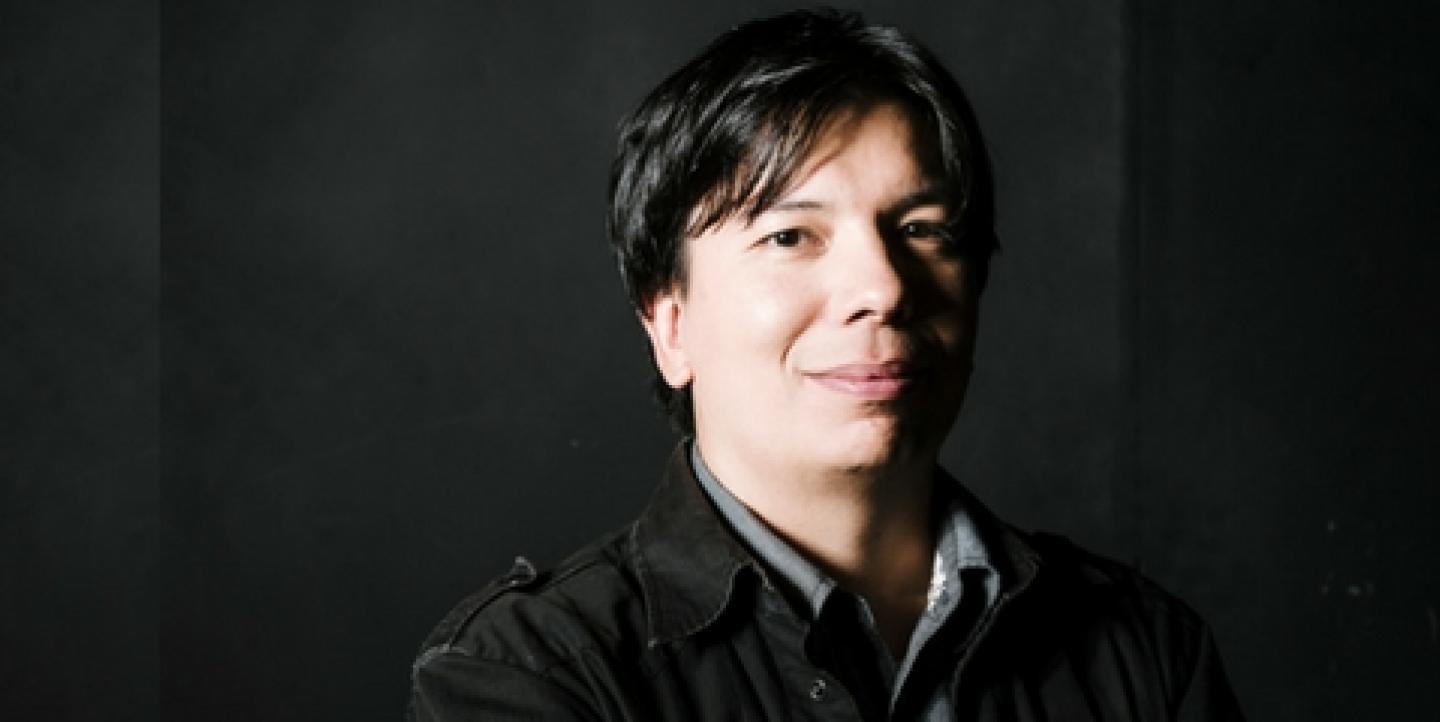Brazilian Edgard Matsuki wanted to be a journalist since an early age. But because his family could not afford college, Matsuki, who is a descendant of Japanese immigrants, decided to go to Japan and get a factory job.
After three years, Matsuki had somewhat forgotten about journalism until he suffered an anxiety attack. He returned to Brazil and managed to get into a public university. "From that point on, I never left journalism and never again had an anxiety attack," he said.
In 2012, he noticed the growing trend of false information and had the idea to launch a website to combat rumors: Boatos.org, which means "hearsay" in Portuguese.
"I'm on the radar for everything that comes out on fake news on IJNet to provide an increasingly better service on Boatos.org," said Matsuki, who has been an IJNet reader since college.
Today, in addition to Boatos.org, Matsuki is a reporter/editor for the Brazilian Communication Company (EBC, in Portuguese) and is also pursuing a second degree. He often fact-checks the news until the wee hours in the morning.
IJNet: What led you to create Boatos.org?
Matsuki: As my beat focused on people's behavior on social media, I started to come across a lot of false information. That was in 2012, when fake news was not viewed as seriously as today. The launch of Boatos.org in 2013 was the result of my desire to have my own project and the need to combat online rumors. It was the first fact-checking website by journalists in Brazil. I already knew rumors were a problem, but only over time I began to understand the dimension of the damage they can create.
How is the response to the website?
I didn't imagine Boatos.org would have the reach it has. Over the past year, we have had an average of 1.5 million page views per month, 105,000 followers on Facebook, 3,000 on Twitter and 13,000 WhatsApp subscribers. Beyond the numbers, we receive dozens of messages thanking us for disputing a story. We see that every rumor, no matter how prosaic, always strikes someone.
Do you have a business/marketing department?
Our main strategy involves how content is built and the tools that drive engagement. Our initial goal is to be easily found on Google and stand out more than fake news. We also have visible tools for people to follow us without leaving the page. Over time, we have relied less on search engines because we have been able to create a community.
Our staff includes two collaborators, Hellen Bizerra and Carol Lira. I also work on content production and all the rest, including advertising. Currently, we use AdSense and some agencies that automatically include advertising on the page. This is good and bad: the good thing is that we don't have direct contact with the advertiser and our content is not compromised. The bad news is that part of the profit stays with them.
How do you verify a rumor?
Our readers help us a lot. We receive about 500 messages daily via WhatsApp and about 20 stories to verify.
The first thing I do is check the circulation of the content. I compare the following data: how many people sent us a message, how many are searching for the subject on the website (using Google Analytics) and how the subject is being discussed on social media. From there, we choose what to analyze.
Then, we scrutinize the content itself. I read the item at least three times and take notes. Some features are typical of fake news: misspellings, lack of verifiable sources, alarming nature and request for sharing. We try to extract the "5Ws" and search for the sources on Google. We also do an image search.
If the story is still not disproved, we use the reductio as absurdum technique or look for complementary information and try to contact the sources. If we are still not sure the story is false, we do not publish it. We only discredit what we are sure is fake.
What was your most challenging job?
The collective hysteria in Brazil because of the "Blue Whale" game in March made us work a lot. Many false stories have spread online about the game, which became popular thanks to fake news. Usually, we produce two to three articles a day. There were days I discredited six viral incidents related to the game. Faced with a storm of false news, I created a poll to ask readers about their questions regarding the game and then wrote an article with 15 questions and answers.
What advice would you give to journalists?
Some of the most virulent rumors on the internet result from incomplete checks and indiscriminate "copy and paste." Sharing a rumor and assigning information to another source help spread disinformation.
This interview has been condensed and edited for clarity.
Main image by Gustavo Minas, courtesy of Edgard Matsuki.


